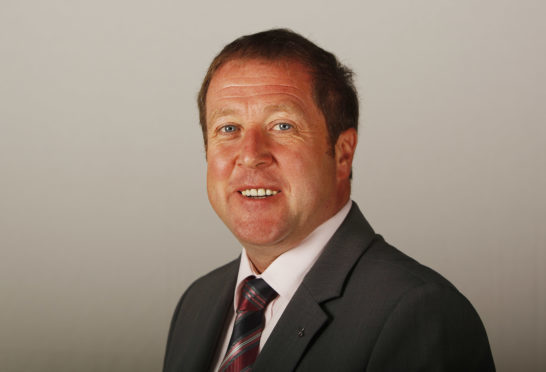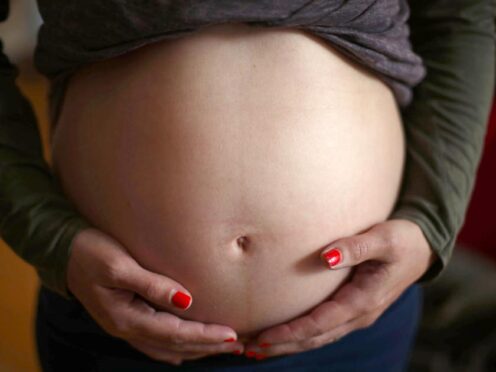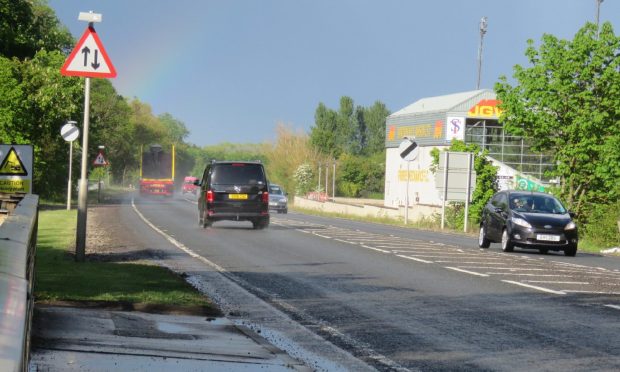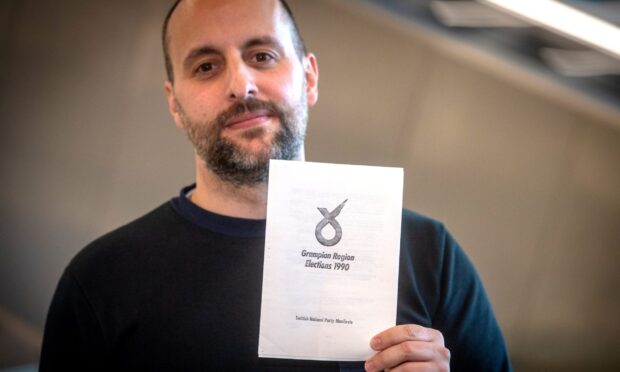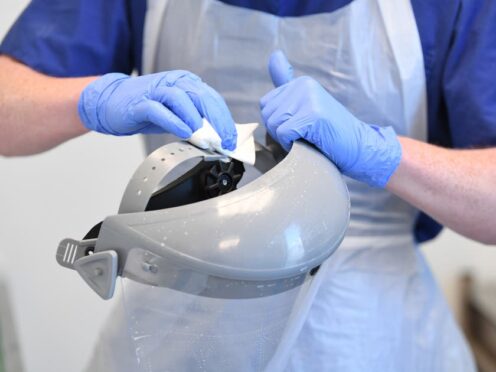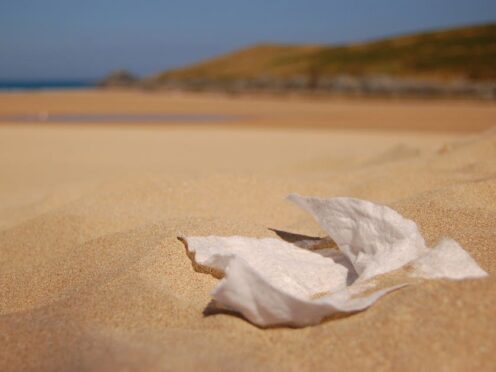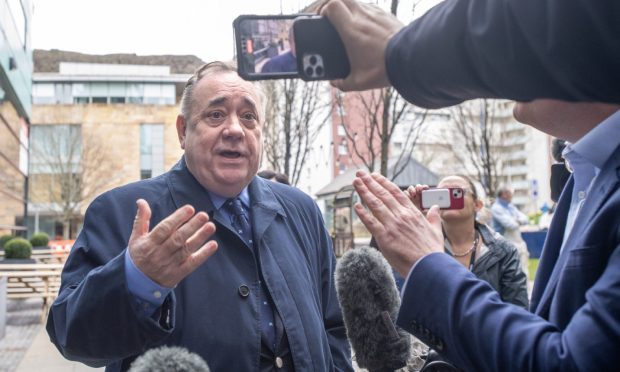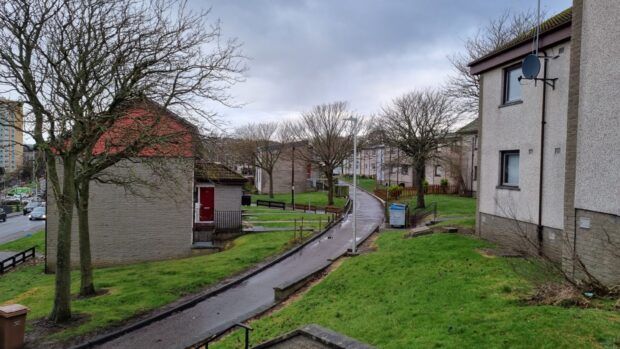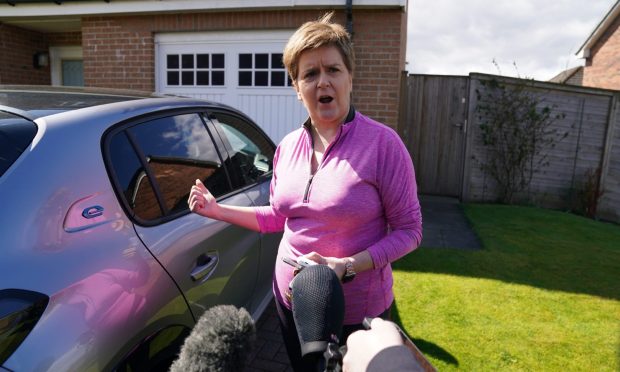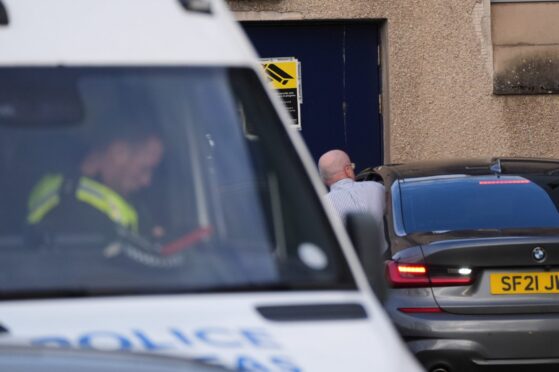New laws to extend the right to vote to another 55,000 people, including prisoners, in Scottish elections have been published.
The Scottish Elections (Franchise and Representation) Bill will extend the right to vote to citizens of all nationalities legally resident in Scotland.
It will also include measures that would allow prisoners serving short-term sentences to cast their ballot, and restate the voting rights of EU citizens in Scotland.
Currently there is a blanket ban that prevents convicted prisoners from voting but the European Court of Human Rights ruled against this.
Youngsters aged 16 and 17 already have the right to vote in Scottish elections.
Parliamentary Business Manager, Graeme Dey, said it was “only fair” foreign nationals living in Scotland could vote and stand in Scottish Parliament and Scottish council elections.
It would not apply in UK General Elections, where the franchise is controlled by Westminster.
Mr Dey said: “Scotland has already led the way by lowering the voting age to 16 and we are building on this progress by extending the right to vote to everyone legally resident here.”
Liberal Democrat justice spokesman, Liam McArthur, said the SNP had twice voted against his party’s attempts to give prisoners the vote in the last parliament.
Mr McArthur described the Bill as “a welcome U-turn”.
